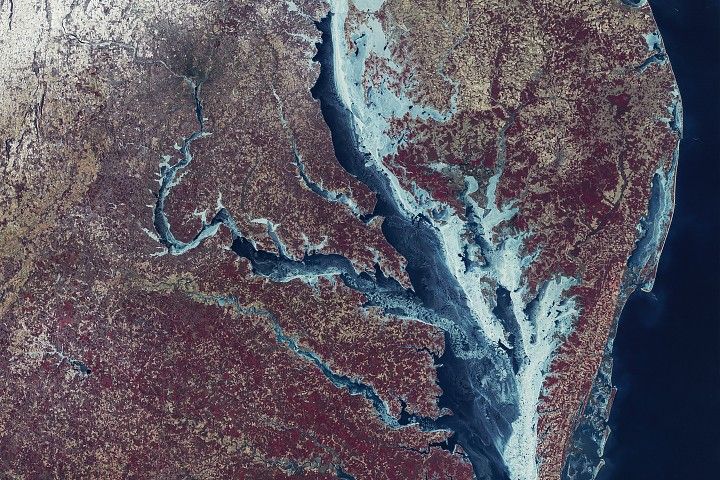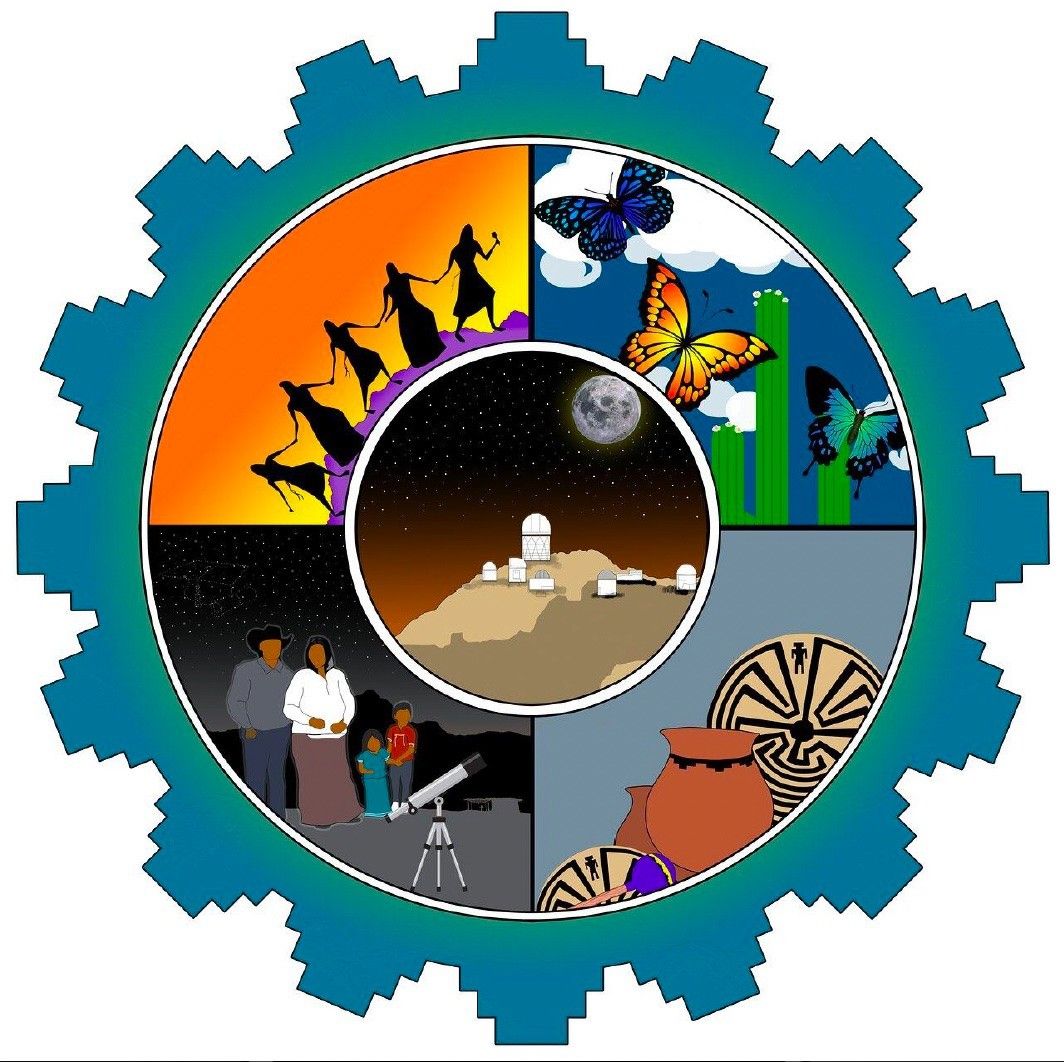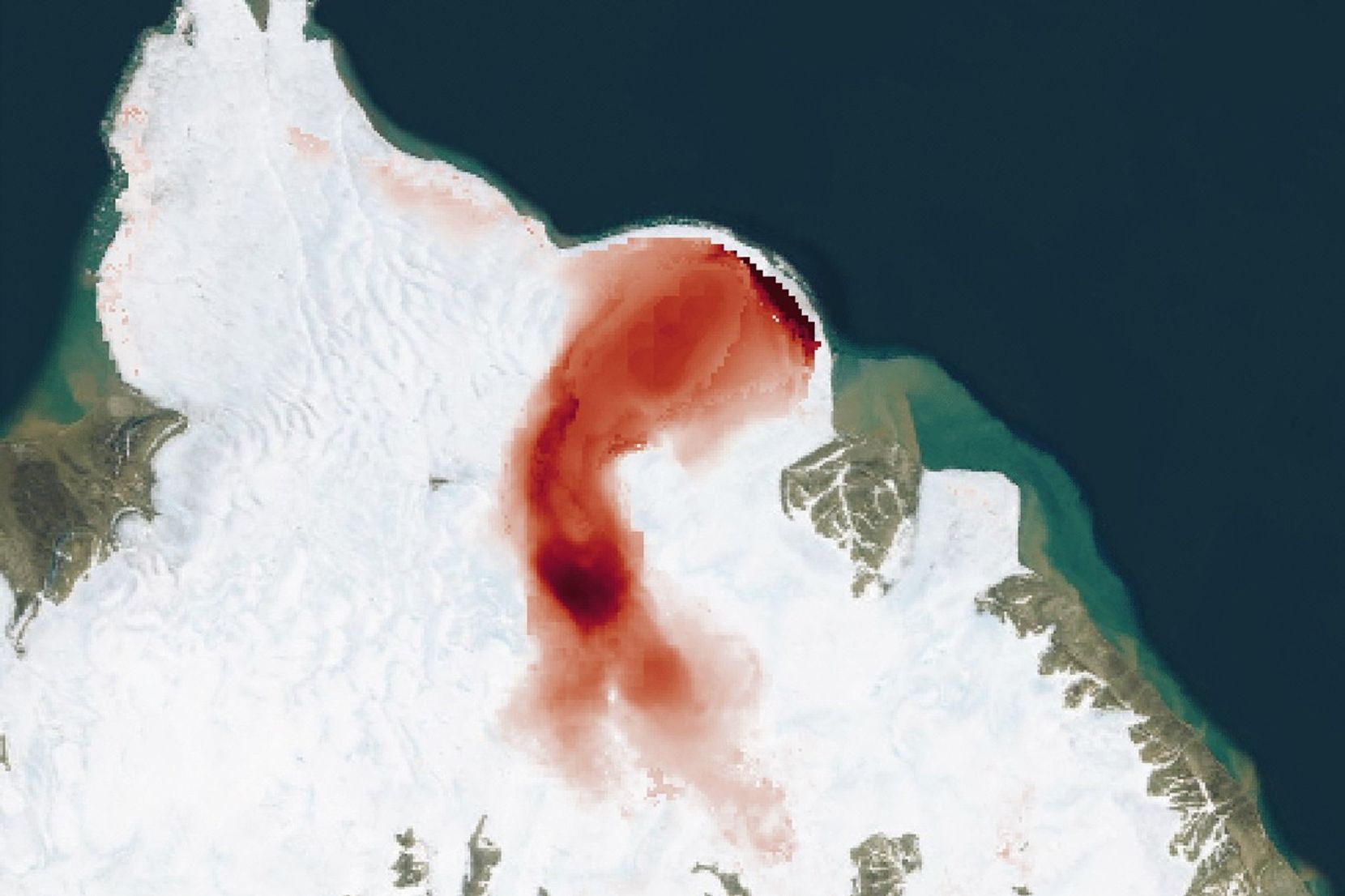The NASA Science Activation program’s GLOBE Mission EARTH (GME) project is forging powerful connections between career technical education (CTE) programs and real-world science, inspiring students across the United States to pursue careers in Science, Technology, Engineering, and Mathematics (STEM).
GME is a collaborative effort between NASA scientists, educators, and schools that brings NASA Earth science and the GLOBE Program into classrooms to support hands-on, inquiry-based learning. GLOBE (Global Learning and Observations to Benefit the Environment) is an international science and education program that provides students and the public with the opportunity to participate in data collection and the scientific process, contributing meaningfully to our understanding of the Earth system.
By connecting students directly to environmental research and NASA data, GME helps make science more relevant, engaging, and applicable to students’ futures. In CTE programs—where project-based and work-based learning are key instructional strategies—GME’s integration of GLOBE protocols offers students the chance to develop not only technical skills, but also essential data literacy and professional competencies like collaboration, critical thinking, and communication. These cross-cutting skills are valuable across a wide range of industries, from agriculture and advanced manufacturing to natural resources and public safety.
The real-world, hands-on approach of CTE makes it an ideal setting for implementing GLOBE to support STEM learning across industries. At Skyline High School in Oakland, California, for example, GLOBE has been embedded in multiple courses within the school’s Green Energy Pathway, originally launched by GLOBE partner Tracy Ostrom. Over the past decade, nearly 1,000 students have participated in GLOBE activities at Skyline. Many of these students describe their experiences with environmental data collection and interactions with NASA scientists as inspiring and transformative. Similarly, at Toledo Technology Academy, GME is connecting students with NASA science and renewable energy projects—allowing them to study how solar panels impact their local environment and how weather conditions affect wind energy generation.
To expand awareness of how GLOBE can enhance CTE learning and career preparation, WestEd staff Svetlana Darche and Nico Janik presented at the Educating for Careers Conference on March 3, 2025, in Sacramento, California. This event, sponsored by the California chapter of the Association for Career and Technical Education (ACTE), brought together over 2,600 educators dedicated to equipping students with the tools they need to succeed in an evolving job market. Darche and Janik’s session, titled “Developing STEM Skills While Contributing to Science,” showcased GLOBE’s role in work-based learning and introduced new federal definitions from the Carl D. Perkins Act (Perkins V) that emphasize:
- Interactions with industry professionals
- A direct link to curriculum and instruction
- First-hand engagement with real-world tasks in a given career field
GLOBE’s approach to scientific data collection aligns perfectly with these criteria. Janik led 40 educators through a hands-on experience using the GLOBE Surface Temperature Protocol, demonstrating how students investigate the Urban Heat Island Effect while learning critical technical and analytical skills. By collecting and analyzing real-world data, students gain firsthand experience with the tools and methods used by scientists, bridging the gap between classroom learning and future career opportunities.
Through GME’s work with CTE programs, students are not only learning science—they are doing science. These authentic experiences inspire, empower, and prepare students for careers where data literacy, scientific inquiry, and problem-solving are essential. With ongoing collaborations between GLOBE, NASA, and educators nationwide, the next generation of STEM professionals is already taking shape—one real-world investigation at a time.
GME is supported by NASA under cooperative agreement award number NNX16AC54A and is part of NASA’s Science Activation Portfolio. Learn more about how Science Activation connects NASA science experts, real content, and experiences with community leaders to do science in ways that activate minds and promote deeper understanding of our world and beyond: https://science.nasa.gov/learn


































